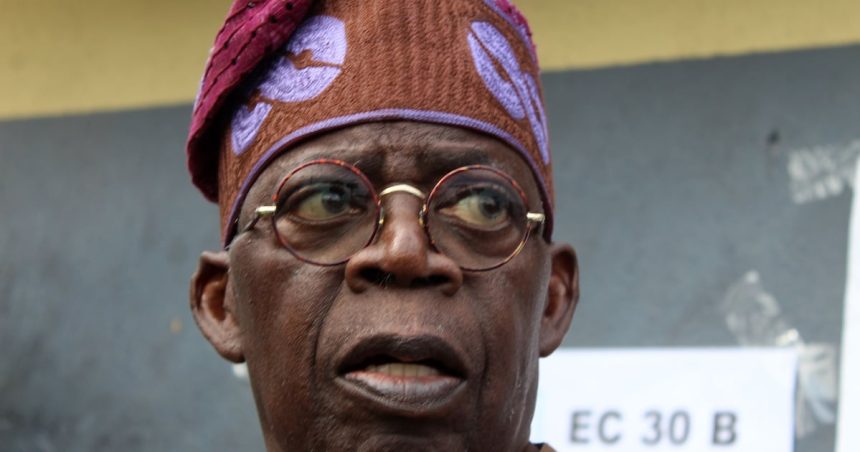Nigerians have long used stablecoins to protect their wealth from devaluation. Crypto transactions in Nigeria totaled $59 billion last year. Nigerian authorities have blamed stablecoin transactions for the naira's plunge.
In a sign that Nigeria's crypto crackdown is taking effect, stablecoin volume fell 38% to $23.6 billion in the 12 months ending in July. According to to Chinalysis, a blockchain intelligence firm.
The sharp decline in Nigeria's stablecoin usage comes in the wake of the country's economy and a devalued currency, the naira.
Nigerians, long-time big users of crypto, should dive into dollar-backed stablecoins like Tether's USDT to protect their wealth.
However, Nigeria's serious legal conflict with Binance and the clampdown on crypto exchanges will reduce the use of the stablecoin.
Extortion charges
In February, Nigerian authorities accused foreign crypto exchanges, including Binance, OKX and Kucoin, of foreign exchange racketeering.
These platforms, especially their peer-to-peer services, have been flagged for causing a 90% fall in the value of the naira against the dollar.
Senior Nigerian officials have accused the exchange of stablecoins for naira on those platforms as damaging the economy.
Moreover, Nigeria has focused its ire on Binance for allegedly facilitating money laundering and illegal currency speculation.
Join the community to get our latest articles and updates
In March, it charged Tigran Gambarian, a US-based compliance executive, with money laundering and jailed him without bail for nearly seven months. Binance and Gambarian have denied the allegations.
They are struggling to cope
Last week, Linda Thomas-Greenfield, the US ambassador to the United Nations, pleaded with the Nigerian government to immediately release Gambarian, a former federal investigator.
Meanwhile, Nigerians are struggling to cope with dire economic conditions. Inflation is skyrocketing, the economy is shrinking, and households and businesses are finding it difficult to access stablecoins to protect their wealth from devaluation.
Foreign exchanges, including Binance, have broken their small footprint in the country.
Nigerians are now forced to rely on Telegram groups and other unofficial P2P dealers to access USDT.
However, platforms like Noones, a trading platform founded by Ray Youssef, the former CEO of crypto exchange Paxful, are trying to fill the void left by Binance's exit.
Retail customers
Despite these challenges, Nigeria still accounted for 40% of Africa's stablecoin transaction volume last year. Chinalysis report Released this week.
South Africa recorded $14 billion during the period under review and ranked second.
Nigeria's stablecoin adoption is being driven not only by retail users but also by businesses.
However, the report notes that 85% of its stablecoin volume comes from transactions of less than $1 million.
Driven by investors
Nigeria's crypto adoption over the past year has been a notable feat.
According to a Chinalysis report, Africa's most populous country recorded $30 billion in total value received through DeFi services.
This marks a major moment in positioning Africa as a global leader in global DeFi adoption for the first time.
In the previous reporting period, Africa ranked third in DeFi adoption after India, North America and Western Europe.
According to the report, Nigeria's DeFi adoption is largely driven by investors seeking to maximize returns from activities such as crypto lending.
This trend indicates the expansion of Nigeria's crypto usage beyond stablecoin-based payment and remittances into more advanced markets.
This helped Nigeria's total crypto transaction volume reach $59 billion despite the stablecoin shortage.
Osato Awan-Nomayo Our Nigeria based DeFi representative. He covers DeFi and technology. To share tips or information about articles, please contact him here [email protected].
Related TopicsBINANCE NIGERIASTABLECOIN







